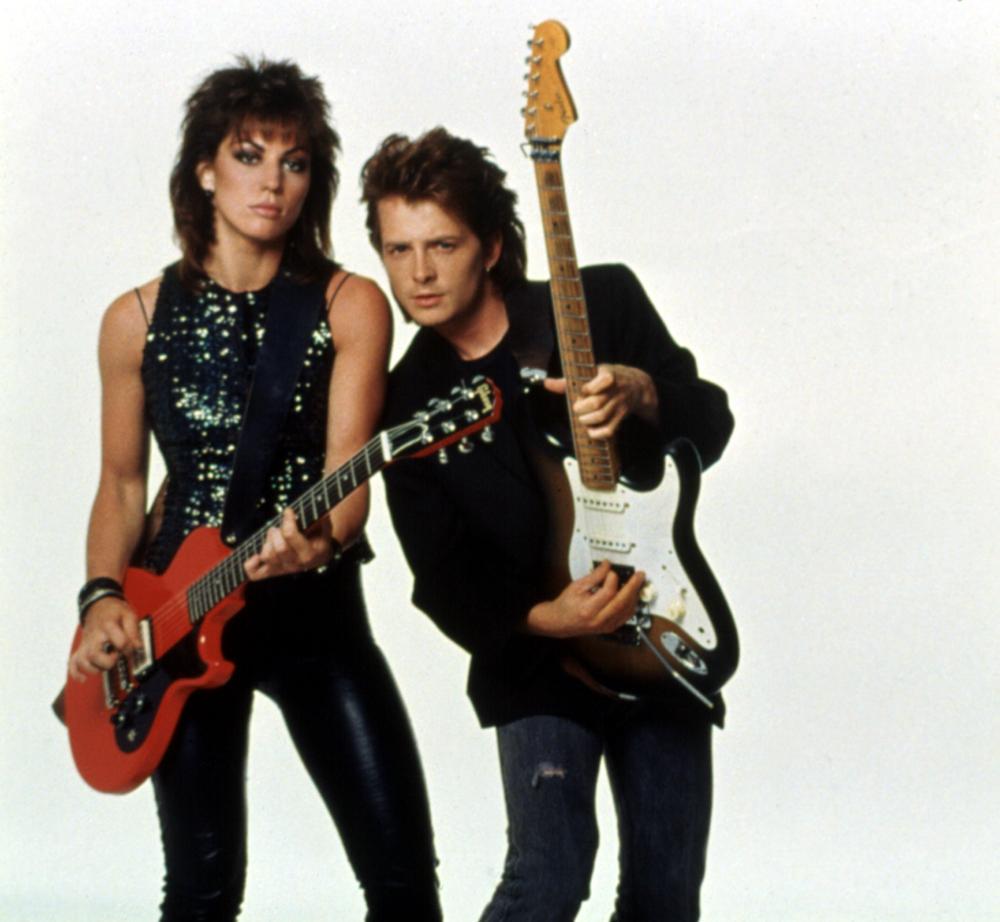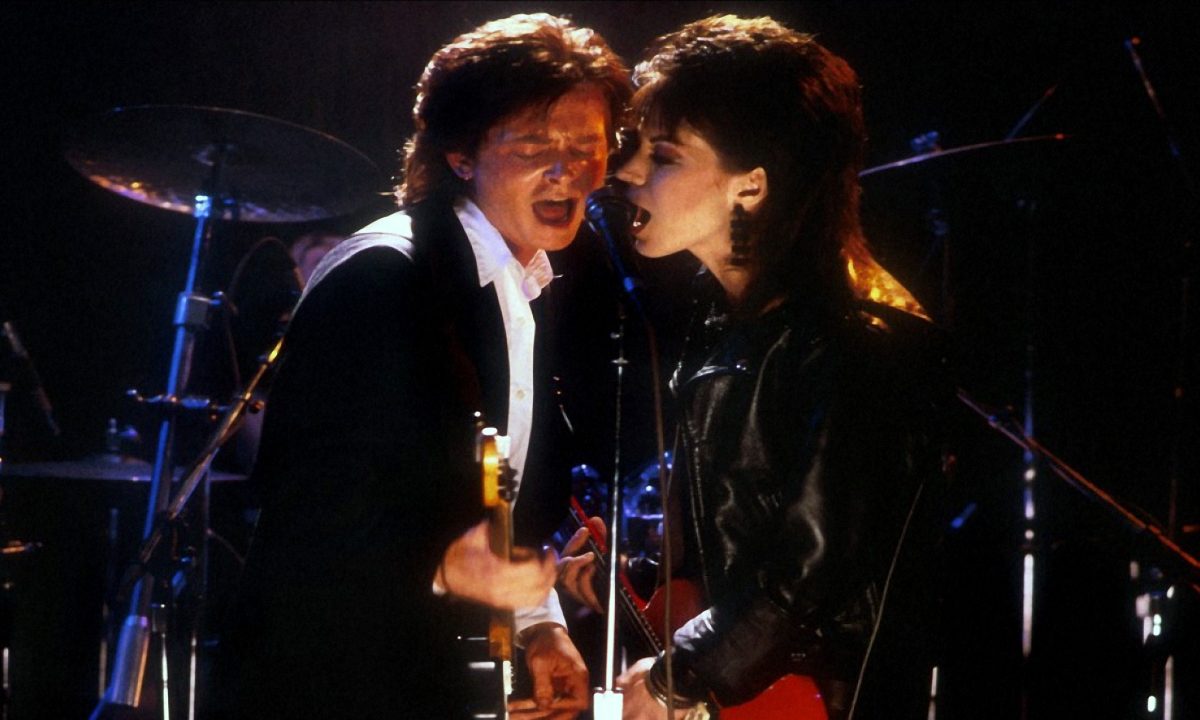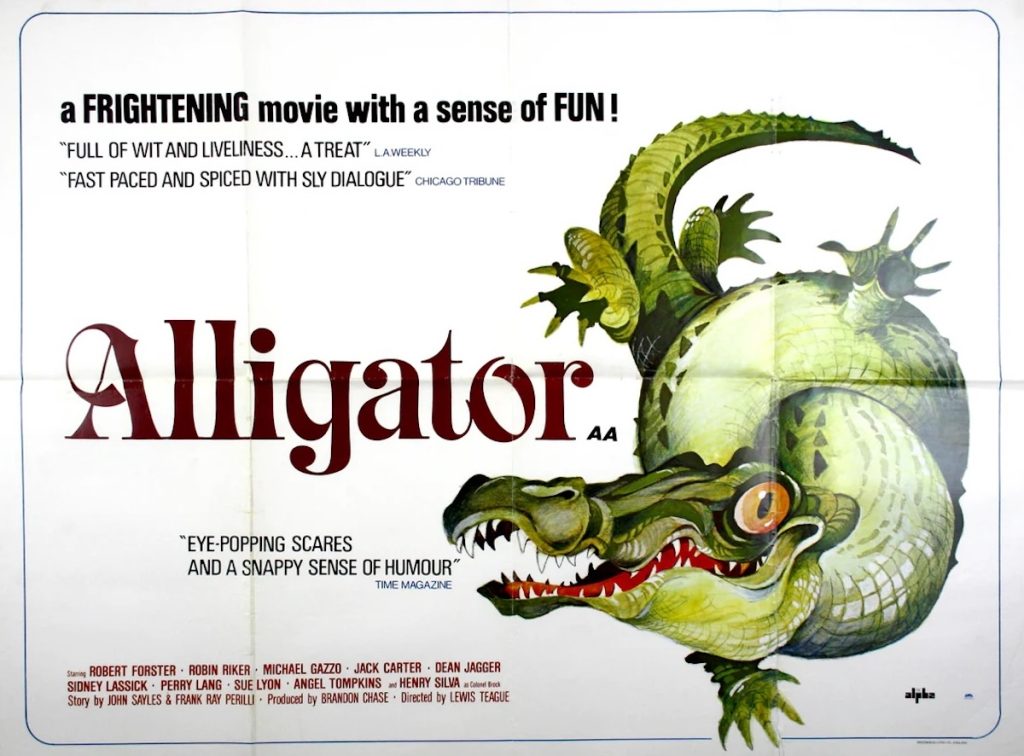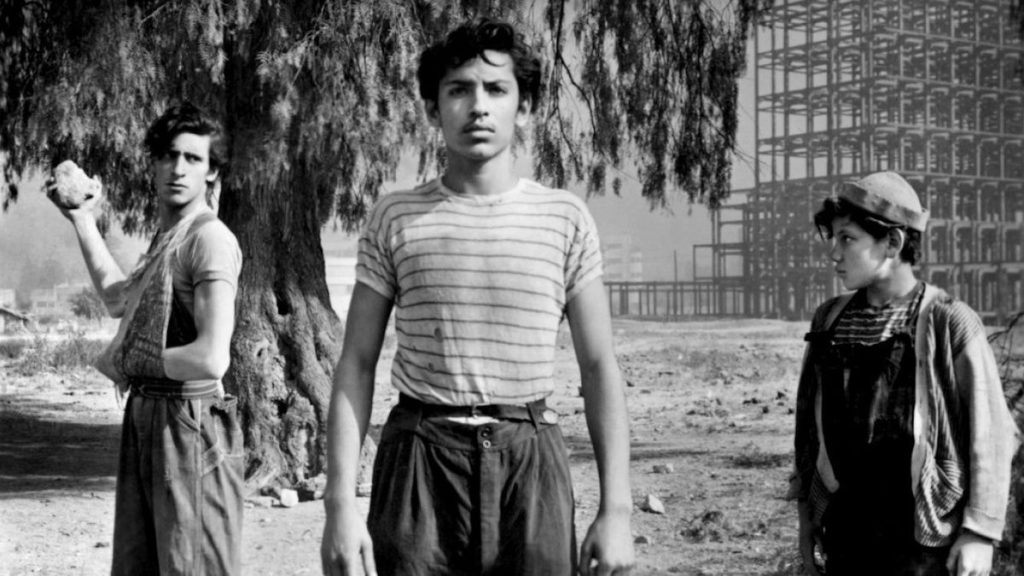For an artist who’s spent the past 50 years foregrounding the same pet themes and preoccupations, Paul Schrader has amassed an unexpectedly eclectic – some might say erratic – filmography, applying his lapsed Calvinist brand of spiritual turmoil across a wide expanse of films about artists, criminals and cat people. But missing from most retrospectives is the rock n’ roll family melodrama Schrader wrote and directed starring Michael J. Fox, Joan Jett, and Gena Rowlands. Wedged between his more baroquely stylized efforts Mishima: A Life in Four Chapters and Patty Hearst, 1987’s Light of Day was supposed to be the filmmaker’s return to the wintery heartland of early efforts like Blue Collar and Hardcore, gritty stories of dead-end jobs and religious repression.
Despite the presence of a rock icon making her film debut opposite the most popular actor on television, Light of Day bombed badly at the box office. It seemed folks would happily flock to watch Michael J. Fox play a time-traveler or teenage werewolf, but nobody wanted to see him stretch as a depressed Ohio factory worker who plays guitar in a bar band on weekends. Light of Day was never released on DVD, and the version currently available on Amazon Prime Video appears to be a full-frame VHS rip with the opening title card subtitled in Italian (“La Luce Del Giorno”). An ignominious fate for a flawed but fascinating movie that accidentally inspired one of the best-selling albums of all time years before a frame of the film was even shot.
Schrader first wrote the film in 1979 as a tale of two brothers. He sent the script to Bruce Springsteen, hoping he would agree to play the rocker role that was later reworked for Jett. Lots of filmmakers were trying to get Bruce onto the big screen back then. (I remember once reading Stephen King saying he hoped Springsteen would play Larry Underwood in George Romero’s never-filmed adaptation of The Stand, which kept me up all night imagining a full E Street rendition of “Baby, Can You Dig Your Man.”) Bruce passed on Schrader’s offer, but the screenplay was sitting on his desk for so long he wound up swiping its original title, Born in the U.S.A.
It might sound strange considering their divergent public personas, but Schrader and Springsteen have always shared simpatico sensibilities, wearing their small town, religious upbringings on their sleeves. The alienated loners driving aimlessly all night on albums like Darkness on the Edge of Town and Nebraska could easily be Paul Schrader protagonists, and the plot of Blue Collar – in which three disenfranchised Detroit auto workers try to rob their own union – sounds like something out of a Springsteen song. (There’s also a funny footnote about a seminal, widely bootlegged Springsteen concert at the Bottom Line during which, as a bit of stage patter, the star taunted the audience by repeatedly asking, “You talkin’ to me?” This show was attended by Martin Scorsese and Robert De Niro, shortly before they started shooting Schrader’s script for Taxi Driver.)
Light of Day is one of those movies with strong individual elements that never quite cohere. Fox and Jett play Joe and Patti Rasnick, a brother and sister trying to scrape by in a rust belt ravaged by Reaganomics. On weekends they’re The Barbusters, rocking out in front of drunk, appreciative local crowds for a few blessed hours of relief from the day-to-day drudgery. Joe and Patti’s mother Jeanette (Rowlands) is a pious woman with an iron will, working passive-aggressive insults into daily prayers and generally using her religion as a cudgel to control her kids. Patti has a five-year-old son from a father whose identity she won’t divulge, mostly out of spite. She’s a terrible mom, using the kid to help steal steaks from the supermarket and dragging him around to all sorts of unsavory dives in pursuit of her rock n’ roll dreams.

The story of two siblings using the arts as an escape from their fundamentalist family is obviously a personal one for Schrader, who fifteen or so years earlier had fled Grand Rapids, Michigan for Hollywood alongside his brother Leonard. But the central conflict between Patti and Jeanette is that they’re both zealots. The mother is devoted to God while the daughter has given everything to rock n’ roll. They hate each other because they’re too much alike, each selfishly chasing her own concept of transcendence, leaving poor Joe to clean up the mess. When not playing referee to his mom and sister’s arguments, Joe’s an emotional janitor, stuck raising Patti’s kid on his own after she runs off with a tacky heavy metal outfit called The Hunzz.
He’s a nice guy but a boringly passive protagonist. The magnificently mulleted, hopelessly miscast Fox tries his darnedest to shake the baggage of Back to the Future and Family Ties – going to see this movie at 12 years old, I was delighted by the sight of Alex P. Keaton smoking cigarettes and saying the F-word – but there’s just no buying the slight, urbane sitcom star as a rough-and-tumble, Penthouse-reading factory guy, even if he wears a lot of dangly earrings and sleeveless shirts. Jett is far more credible, but tends to trip over some of the movie’s more unfortunate monologues. Still, she has a powerfully feral screen presence. I recall Siskel and Ebert – two of the film’s very few fans – raving about the violent potential with which Jett picks up a fork when Rowlands starts sniping at her during dinner.
There are a lot of nice gestures like that. I love how Patti unthinkingly throws her leather jacket on the couch upon coming home and Joe follows behind her, picking it up and hanging it on a chair. It’s also refreshing to see a movie about workaday musicians where nobody’s in any danger of becoming rich and famous, content to play gigs that don’t pay the bills. The film features a ton of lived-in details about the struggles of small timers in the shallow end of the entertainment ecosystem, and Light of Day is much better at depicting a milieu than at finding a story in there to tell.
One struggles throughout to accept that Fox, Jett, and Rowlands come from the same country, let alone the same gene pool. But there’s a lovely performance from Spinal Tap’s Michael McKean as the most easygoing of The Barbusters, and some touching work from former exorcist Jason Miller as Rowlands’ henpecked husband. Keep an eye out for early appearances from Cherry Jones, Michael Rooker, and yes, that’s Trent Reznor as part of the New Wave act being mocked by McKean and Fox in one of the film’s beerier interludes.
The air of authenticity is almost enough to overcome the casting issues, until a mid-movie cancer diagnosis flips the script to something more like Douglas Sirk by way of Springsteen, complete with hospital bed confessions and shocking revelations far too soap operatic for this modest slice of life. You can feel Schrader straining to come up with a big finish. But it’s Bruce who comes through for him in the end, having offered a new title track as penance for stealing the film’s original name. The hard-charging rocker is played live, during an onstage reconciliation between Joe and Patti, providing an emotional release that Schrader’s screenplay hasn’t entirely earned. Patti has a lot of speeches during the movie about how the power of rock n’ roll can make this crummy life worth living. Yet it’s only when Jett takes command of the mic that we understand why she’s a believer.
“Light of Day” is available for digital rental or purchase on Amazon.



